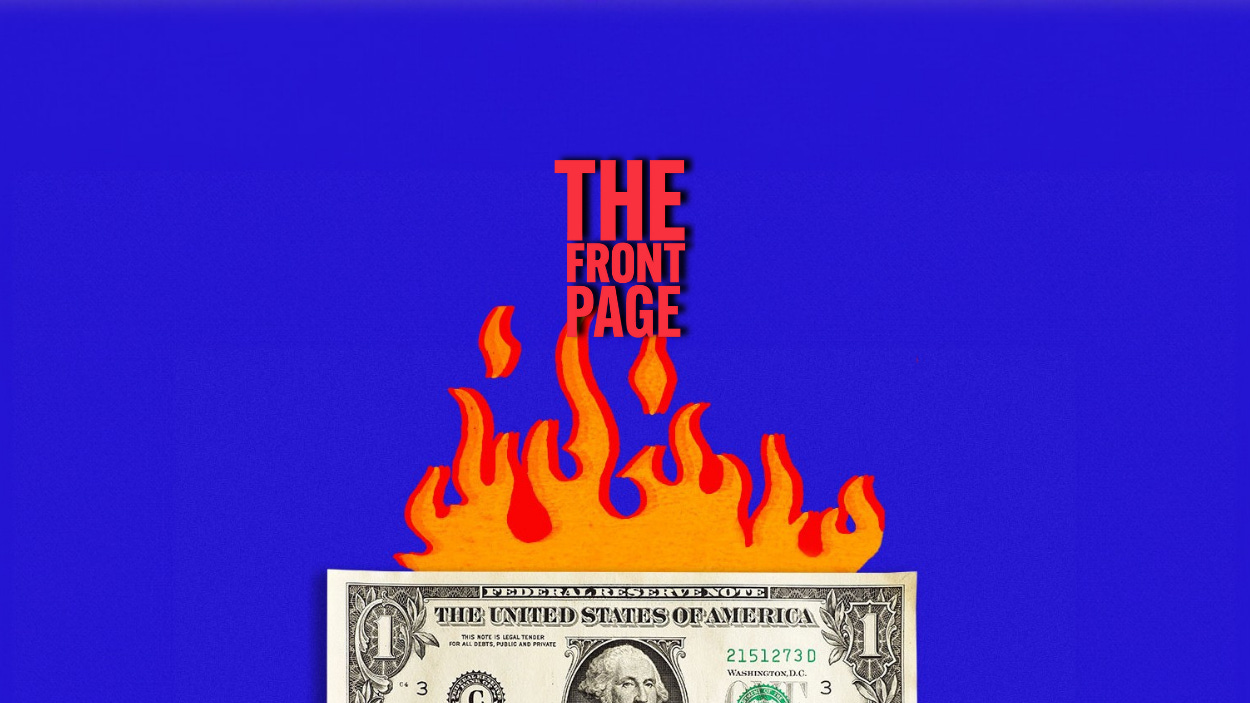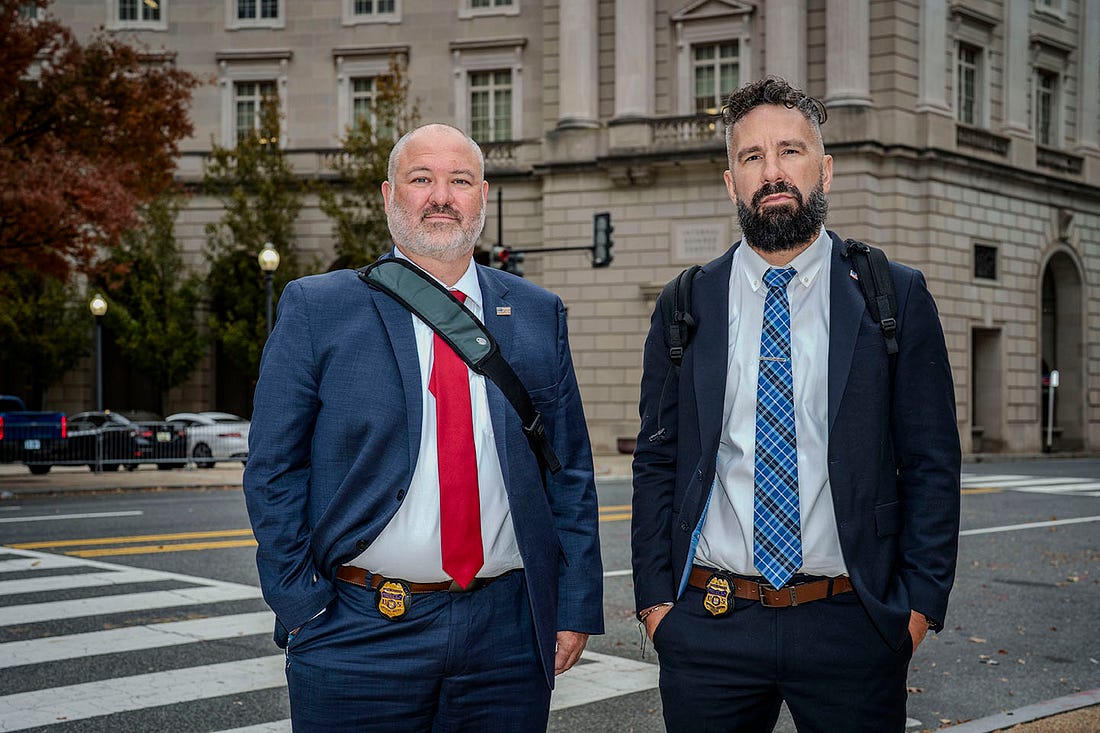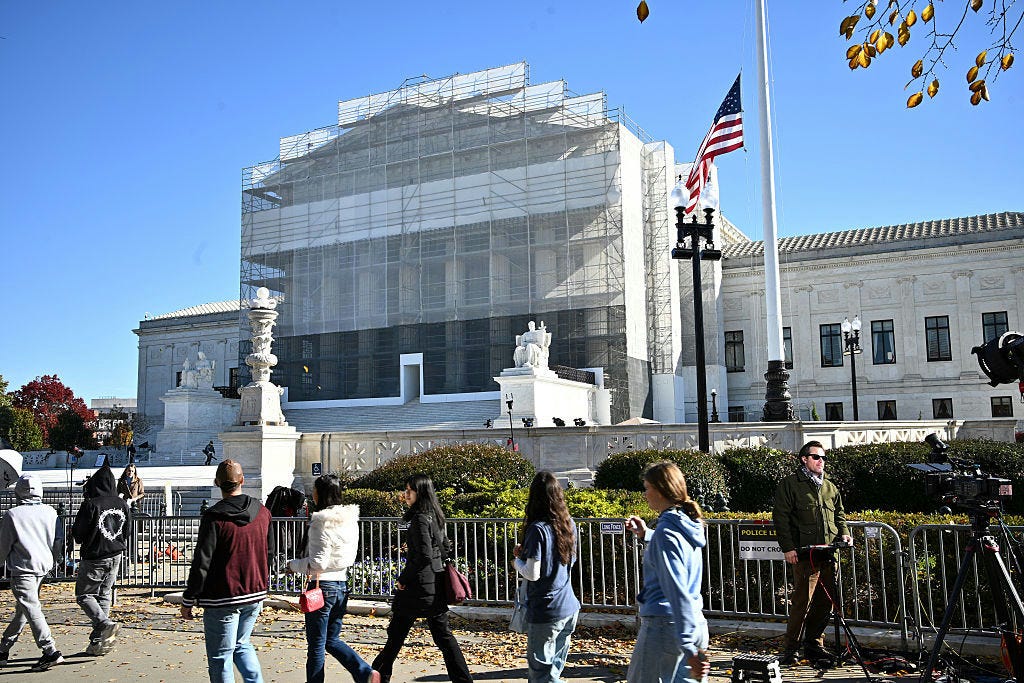| Forwarded this email? Subscribe for more |
 |
| By The Free Press |
It’s Thursday, November 6. This is The Front Page, your daily window into the world of The Free Press—and our take on the world at large. Today: Jed Rubenfeld assesses oral arguments in the seismic Supreme Court tariffs case; Gabe Kaminsky talks to the Hunter Biden whistleblowers now working for the Trump administration; Coleman Hughes on Thomas Sowell; and more.
But first: Making sense of Mamdani.
This summer, a prescient email written in 2020 by venture capitalist Peter Thiel found its way onto X. The subject: why so many millennials were saying they favored socialism. “There seems to be a pretty straightforward answer to me, namely, that when one has too much student debt or if housing is too unaffordable, then one will have negative capital for a long time,” he wrote. “And if one has no stake in the capitalist system, then one may well turn against it.”
Welcome to The Big Apple, Mr. Thiel.
In today’s Front Page, we’ve enlisted four writers to take a closer look at the big-picture consequences of Zohran Mamdani’s triumph in New York’s mayoral race—a victory that some think has anointed him as a Democrat who could help lead the party out of its doldrums. Any analysis of his triumph should begin with Thiel’s insight: Voters felt that New York has become unaffordable, especially the cost of housing, and were more than happy to cast their ballots for a socialist who built his campaign on solving the city’s “unaffordability crisis,” as he labeled it.
But Free Press columnist Tyler Cowen leads off today with a warning: Mamdani’s “free lunch” solutions—like rent control, free buses, and government-run grocery stores—will do more harm than good. In all likelihood, they’ll cause prices to rise instead of fall. How? Read Tyler’s provocative column to learn the depressing truth not just about the mayor-in-waiting, but so many of the policies offered by Democrats and Republicans today.
Next up: political columnist Ruy Teixeira, who takes a broader look at the Democratic victories in the Virginia and New Jersey gubernatorial races as well as Mamdani’s win in New York. Even though the Republican candidates were soundly thrashed, he writes, Democrats should not read too much into their good night on Tuesday—which could just paper over the fault lines in the party. As for Mamdani, Ruy has his doubts whether his brand of progressive politics will resonate beyond New York. “One thing Tuesday’s elections definitely did not do,” he concludes, “is settle the ongoing civil war between moderates and progressives in the Democratic Party.”
In her piece for us today, Zineb Riboua, who writes the Substack Beyond the Ideological, offers a very different way of viewing New York’s mayor-elect. “Zohran Mamdani is routinely labeled a ‘socialist’ or an ‘Islamist sympathizer,’ ” she writes. Others call him a “radical” or a “provocateur.” But these tags, says Zineb, “overlook the deeper ideological current animating his worldview.” Read her essay to understand the “Third Worldism” that animates Mamdani’s politics.
Reihan Salam, the president of the Manhattan Institute and co-host of our election night livestream, has yet another way of thinking about Mamdani: He’s the accidental mayor. It took a series of lucky circumstances for him to become a breakout candidate—but now that he’s landed the job, it’s going to take a lot more than luck for him to succeed. “Mamdani will take office facing targeted federal budget reductions, a fiscal backstop run dry, and a state legislature unlikely to entertain his tax-hike proposals,” writes Reihan. Read it and weep, New Yorkers.
—The Editors






